Effective Addiction Treatment in Costa Rica: A Comprehensive Look
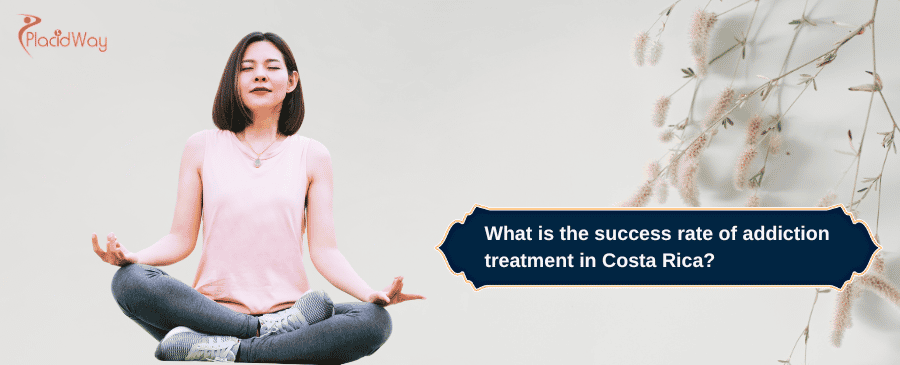
Addiction is a complex disease, and finding effective treatment is a crucial step towards lasting recovery. Costa Rica has emerged as a popular destination for addiction treatment, offering a unique blend of high-quality care, natural beauty, and a supportive environment. Many individuals and their families seek options abroad due to factors like cost, privacy, and a desire for a change of scenery. This blog post will delve into the success rates of addiction treatment in Costa Rica, address common questions, and explore the factors that contribute to positive outcomes.
What is the Overall Success Rate of Addiction Treatment?
"Generally, mental health professionals estimate that approximately 20-40% of individuals battling addiction achieve long-term recovery, though this figure can vary significantly based on treatment quality, individual commitment, and aftercare support."
While a definitive universal success rate for addiction treatment, whether in Costa Rica or elsewhere, is challenging to pinpoint due to varying definitions of "success" (e.g., abstinence, reduced use, improved quality of life), general estimates suggest that a significant portion of individuals benefit from professional intervention. It's important to understand that recovery is a journey, not a destination, and relapses can be part of the process. Effective treatment aims to equip individuals with the tools and strategies to manage their condition and build a fulfilling life free from substance dependence.
Are Addiction Treatment Success Rates in Costa Rica Comparable to Those in Western Countries?
"Yes, many addiction treatment centers in Costa Rica that adhere to international standards and utilize evidence-based practices report success rates comparable to or even exceeding those in Western countries, especially when factoring in longer treatment durations and comprehensive aftercare."
Costa Rica has a growing number of reputable addiction treatment centers that prioritize international accreditation and employ a holistic, evidence-based approach to care. These centers often draw on therapeutic models widely recognized in North America and Europe, such as Cognitive Behavioral Therapy (CBT), Dialectical Behavior Therapy (DBT), and various mindfulness practices. The competitive nature of the medical tourism industry in Costa Rica encourages facilities to maintain high standards and transparently present their approaches and outcomes, often leading to impressive results, particularly for those committed to the full program.
What Factors Influence the Success of Addiction Treatment in Costa Rica?
"The success of addiction treatment in Costa Rica is heavily influenced by factors such as the individual's commitment and motivation, the quality and duration of the treatment program, the integration of holistic therapies, the level of aftercare planning, and the availability of family support."
A person's readiness to change is paramount. Those who genuinely desire recovery and actively participate in their treatment tend to have better outcomes. The longer an individual stays in treatment, especially in a residential setting, the higher the likelihood of sustained sobriety. Programs that offer a blend of traditional therapies with holistic approaches like yoga, meditation, and nature excursions often provide a more comprehensive healing experience. Additionally, robust aftercare plans, including continued therapy, support groups, and sober living arrangements, are critical for maintaining recovery post-treatment. Finally, supportive family involvement can significantly enhance long-term success.
How Does the Duration of Addiction Treatment Impact Success Rates?
"Longer durations of addiction treatment, typically 60 to 90 days or more in a residential setting, are generally associated with higher success rates because they provide ample time for individuals to address underlying issues, develop coping mechanisms, and solidify new habits."
Short-term programs, while sometimes a starting point, may not provide sufficient time for the deep-seated changes required for lasting recovery. Addiction is a chronic condition, and addressing its physical, psychological, and spiritual aspects takes time and consistent effort. Longer programs allow for more intensive therapy, the development of robust relapse prevention strategies, and the opportunity to practice new skills in a structured and supportive environment before returning to daily life.
Does the Type of Addiction Treatment Program Affect its Success Rate?
"Yes, evidence-based addiction treatment programs that integrate various therapeutic modalities, such as individual and group therapy, CBT, and holistic practices, tend to have higher success rates than those offering a single approach."
Effective addiction treatment is rarely a one-size-fits-all solution. Programs that personalize treatment plans to meet the unique needs of each individual, incorporating a range of proven methods, are more likely to achieve positive outcomes. This may include medical detox, psychotherapy, family therapy, educational workshops, and alternative therapies like art or adventure therapy. The blend of these elements helps address the multifaceted nature of addiction.
What Role Does Aftercare Play in Long-Term Addiction Treatment Success?
"Aftercare planning is crucial for long-term addiction treatment success, providing ongoing support and resources to help individuals navigate challenges, prevent relapse, and sustain their recovery after leaving a residential program."
Recovery doesn't end when a person leaves a treatment center. The transition back into daily life can be challenging, and without proper aftercare, the risk of relapse increases significantly. Comprehensive aftercare plans often include continued outpatient therapy, participation in 12-step programs (like AA or NA), sober living arrangements, and connecting with a supportive community. These elements provide a safety net and ongoing accountability, reinforcing the skills and insights gained during initial treatment.
Are Holistic Therapies Effective in Improving Addiction Treatment Success Rates in Costa Rica?
"Holistic therapies, such as yoga, meditation, and nature immersion, when integrated with evidence-based addiction treatment in Costa Rica, can significantly enhance overall well-being, reduce stress, and improve the likelihood of lasting recovery by addressing the mind, body, and spirit."
Costa Rica's natural environment provides an ideal backdrop for holistic healing. Many treatment centers leverage this by incorporating activities like beach walks, forest therapy, and plant-based nutrition into their programs. While not standalone treatments, these complementary therapies can help individuals manage cravings, improve emotional regulation, reduce anxiety, and foster a deeper connection with themselves and their surroundings. This integrated approach contributes to a more comprehensive and sustainable recovery.
How Important is Staff Experience and Qualifications for Addiction Treatment Success?
"Highly experienced and qualified staff, including licensed therapists, medical professionals, and addiction specialists, are essential for addiction treatment success as they provide expert guidance, personalized care, and a safe, therapeutic environment."
The expertise and compassion of the treatment team directly impact the quality of care. Centers with a high staff-to-patient ratio and a multidisciplinary team ensure that individuals receive ample one-on-one attention and a broad range of therapeutic perspectives. Professionals with specific training in addiction science, mental health, and trauma-informed care can effectively address the complex issues often underlying substance use disorders, significantly improving the chances of a positive outcome.
Does the Cost of Addiction Treatment in Costa Rica Affect Success Rates?
"While affordable addiction treatment in Costa Rica can make care accessible, the cost itself doesn't directly dictate success rates; rather, it's the quality of the program and the services offered within that budget that determine effectiveness."
Costa Rica often offers more affordable addiction treatment options compared to North America or Europe, which can be a significant advantage for many. However, it's crucial to research thoroughly and ensure that lower costs don't compromise the quality of care. Reputable centers prioritize evidence-based practices, experienced staff, and comprehensive programs regardless of their price point. A higher price tag doesn't automatically guarantee better outcomes, nor does a lower one indicate inferior care, but due diligence is always recommended.
Can Family Involvement Improve Addiction Treatment Success Rates?
"Yes, active and positive family involvement in the treatment process, including family therapy and educational sessions, significantly improves long-term addiction treatment success rates by fostering a supportive home environment and rebuilding healthy relationships."
Addiction affects the entire family system. When families are involved in therapy, they gain a better understanding of addiction as a disease, learn how to set healthy boundaries, and develop effective communication strategies. This collective healing can create a stronger support network for the individual in recovery, reducing triggers and promoting a more conducive environment for sustained sobriety once they return home.
What are the Signs of a High-Quality Addiction Treatment Center in Costa Rica?
"A high-quality addiction treatment center in Costa Rica typically demonstrates international accreditation, employs evidence-based therapies, offers individualized treatment plans, provides comprehensive aftercare planning, has a compassionate and qualified staff, and emphasizes a holistic approach to healing."
Beyond these core elements, look for transparency in their programs, clear communication regarding costs and services, positive testimonials, and a commitment to patient privacy. A center that focuses on addressing co-occurring mental health disorders (dual diagnosis) is also a strong indicator of a comprehensive and effective program.
Is Relapse a Sign of Treatment Failure in Addiction Recovery?
"No, relapse in addiction recovery is not necessarily a sign of treatment failure, but rather an indication that further intervention or adjustments to the treatment plan may be needed, as addiction is a chronic, relapsing disease."
Just like other chronic diseases such as diabetes or asthma, addiction can have periods of remission and relapse. A relapse is an opportunity to learn what went wrong and to adjust strategies for future success. Effective treatment programs prepare individuals for the possibility of relapse and teach them how to respond to it in a constructive way, rather than viewing it as a definitive failure. The goal is to reduce the frequency and severity of relapses over time.
Ready to explore your options for addiction treatment and find a path to lasting recovery? PlacidWay can help you connect with top-quality healthcare providers and specialized programs around the world, including those in Costa Rica.


.png)





.png)


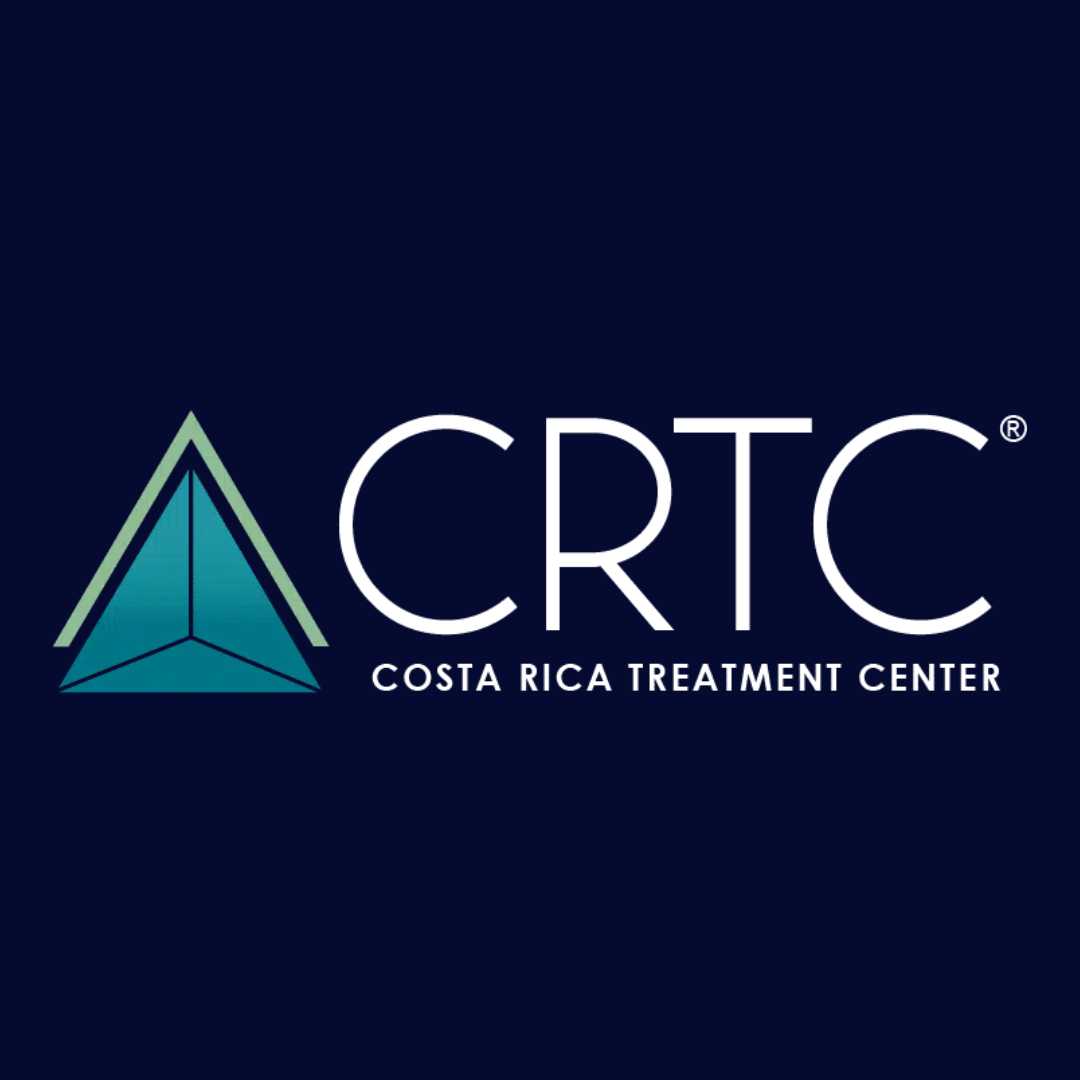
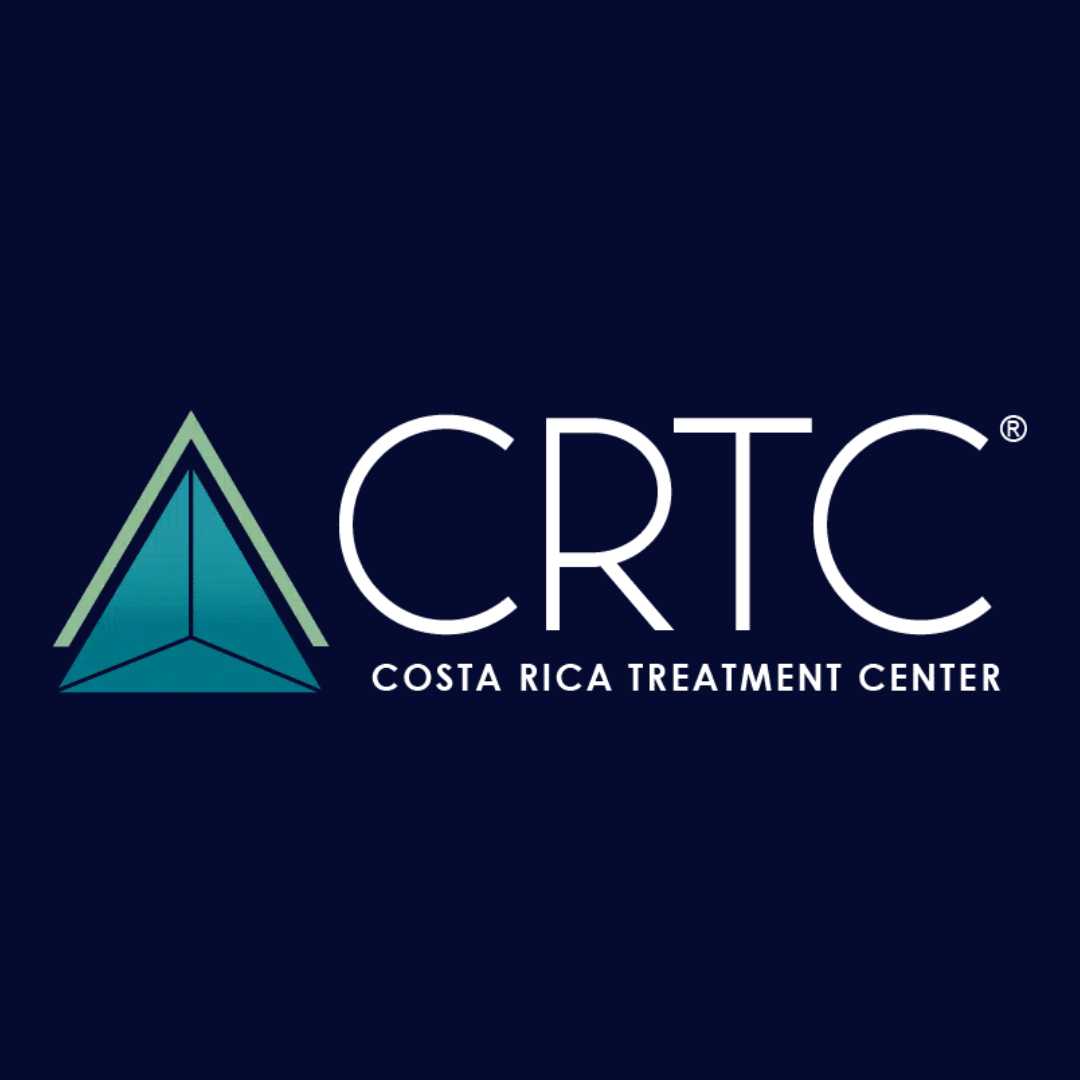
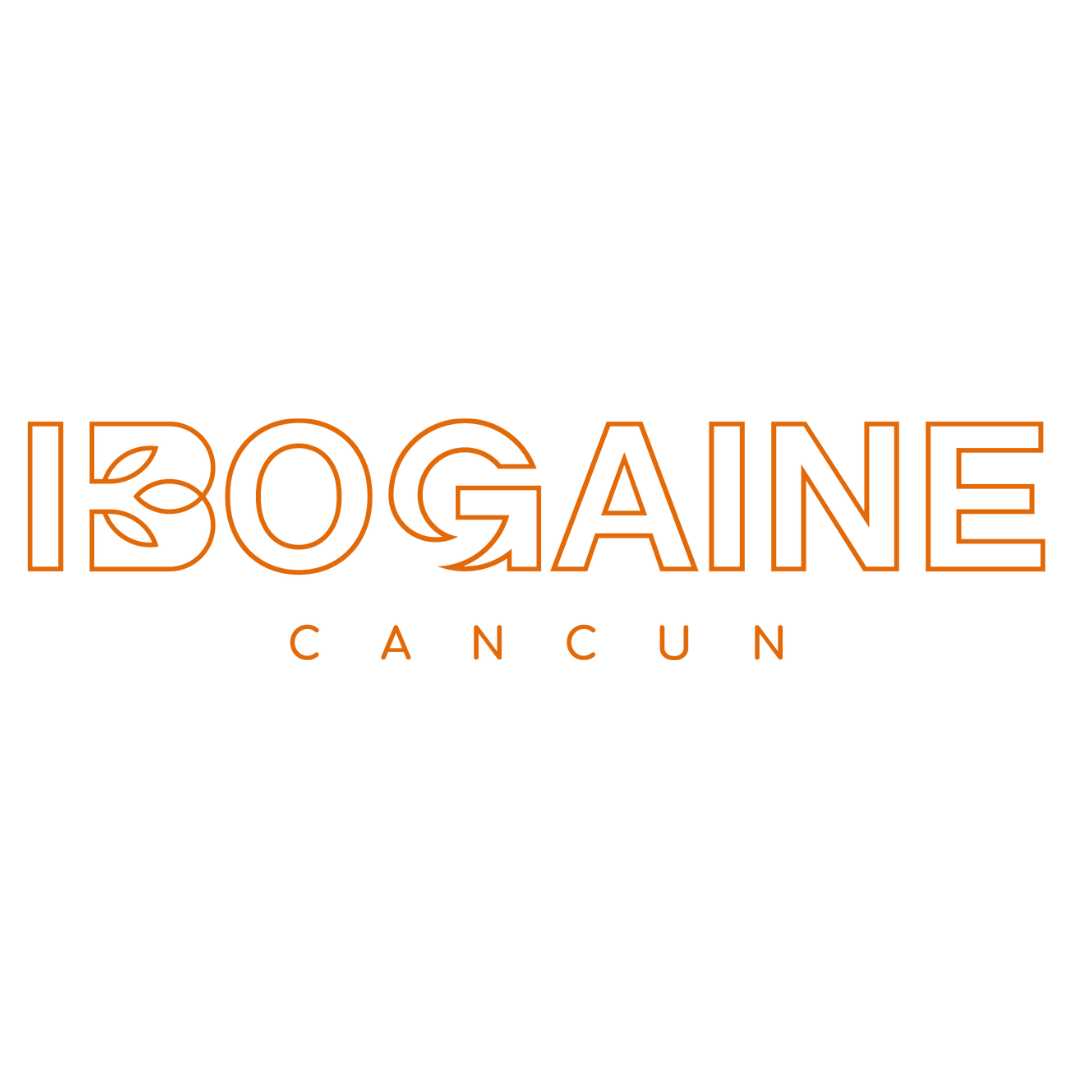
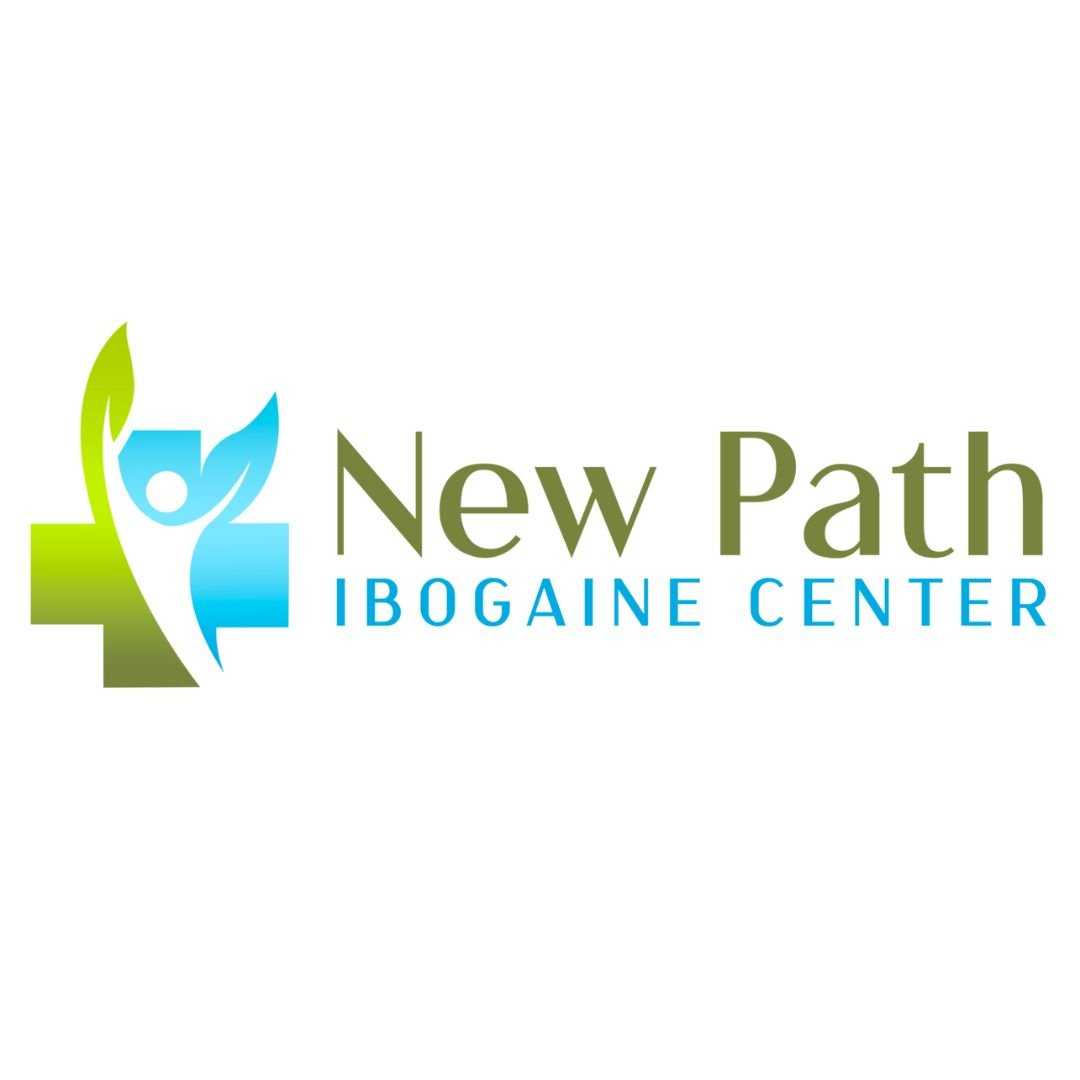

Share this listing